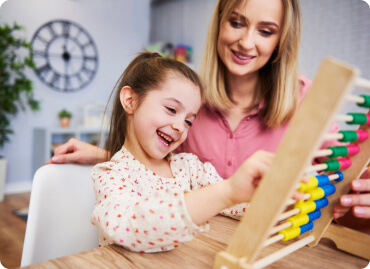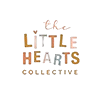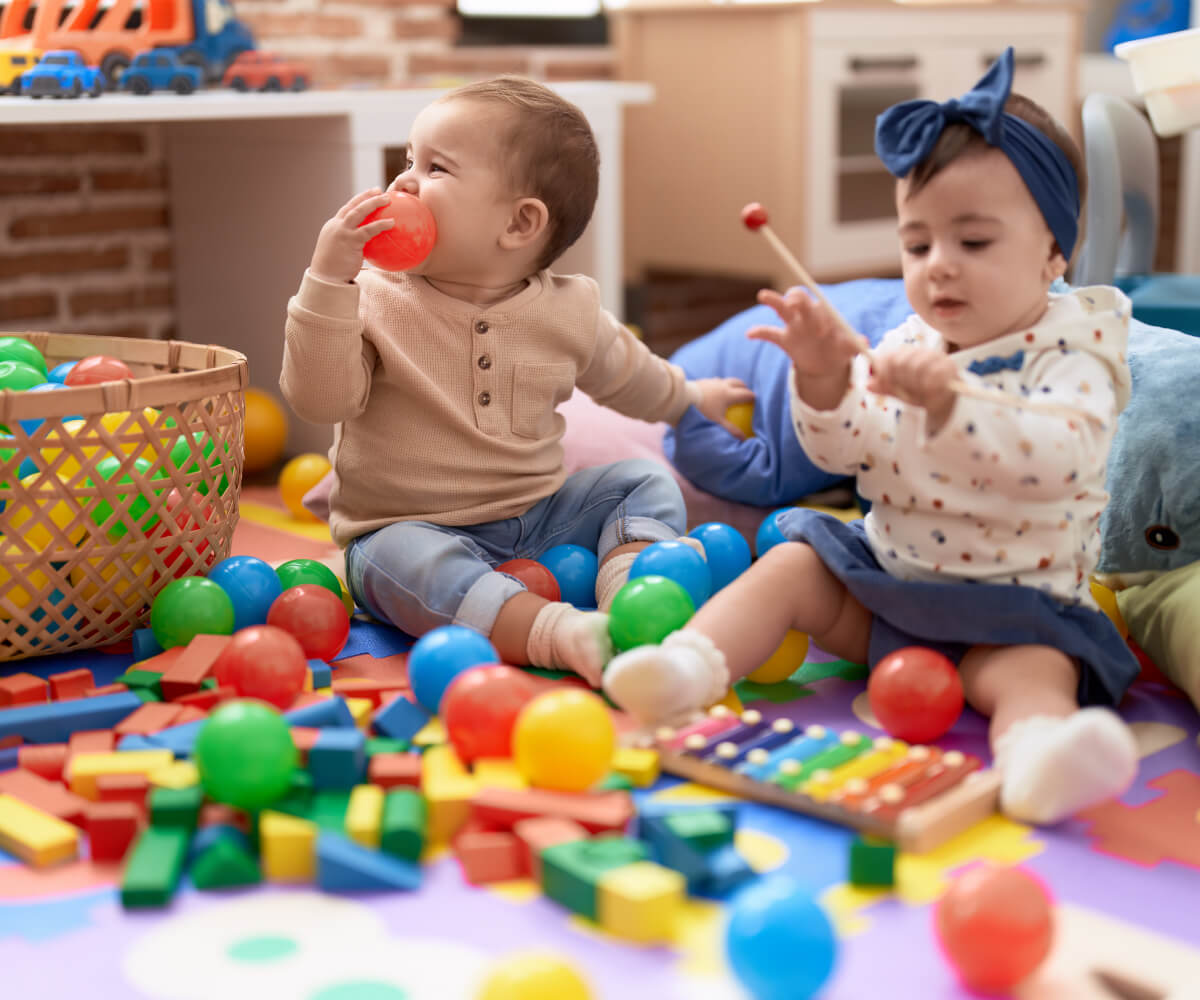When our kids misbehave, it’s natural to want to take swift action. After all, how else will they learn that certain behaviors are unacceptable? Punishments—taking away toys, issuing time-outs, or withholding privileges—might feel like the go-to solution, but here’s the truth: punishments don’t change behavior.
If you’ve ever felt frustrated because a punishment didn’t stop your child from repeating the same behavior, you’re not alone, but the reason punishments don’t work is simple: young children have all the feelings but none of the skills to manage them.
The Root of Misbehavior
Let’s take an example we’ve all seen: a child hits their sibling out of anger. To us, it’s clear that hitting is wrong, and we might respond by taking away their favorite toy or screen time. But from the child’s perspective, they weren’t acting with logic—they were acting out of emotion.
Young children are driven by their feelings because they don’t yet have the tools to regulate them. Anger, frustration, sadness—they’re big, overwhelming emotions for a small child. And in moments of overwhelm, they don’t have the cognitive ability to think, “Last time I hit my brother, I lost my iPad. I don’t want that to happen again.”
What they do learn from punishments, however, is:
- To hide their feelings: They may not stop hitting, but they might get sneakier about it to avoid punishment.
- To feel shame or resentment: They feel bad about themselves or angry at you, which doesn’t address the root of the behavior.
- To see you as an adversary: Instead of feeling guided and supported, they feel controlled.

Punishments Don’t Teach Skills
The issue with punishment is that it focuses on the symptom (the behavior) instead of the cause (the emotion driving the behavior). Kids aren’t born knowing how to manage their anger or frustration. These are learned skills that take time, guidance, and practice.
When a child hits, it’s not because they’re “bad” or disrespectful—it’s because they don’t yet have the words, self-control, or emotional regulation skills to handle their feelings in a healthy way. Punishment doesn’t teach these skills. It stops the behavior temporarily (if you’re lucky) but doesn’t address the underlying problem.

So, What Does Work?
If punishment doesn’t teach kids how to manage their emotions and change their behavior, what does? The answer lies in connection, guidance, and skill-building.
- Acknowledge the Feeling:
Help your child understand what they’re feeling and name it. For example, “You hit your brother because you were really mad that he took your toy. It’s okay to feel mad, but it’s not okay to hit.”
- Teach an Alternative Behavior:
Give your child tools to express their emotions in a safe, acceptable way. For example, “Next time you feel mad, you can say, ‘I don’t like that,’ or come get me to help.”
- Model Emotional Regulation:
Children learn how to manage their feelings by watching you. When you’re upset, narrate your process: “I’m feeling frustrated, so I’m going to take a deep breath and count to three.”
- Practice Problem-Solving Together:
Help your child reflect on what happened and what they could do differently next time. For example, “Your brother wanted the toy too. What could you do next time to solve the problem without hitting?”
- Focus on Connection:
Misbehavior often stems from unmet needs, whether it’s attention, independence, or comfort. By fostering a strong connection with your child, you create an environment where they feel supported and are more likely to cooperate.
- Set Clear and Compassionate Boundaries:
Boundaries are essential, but they don’t have to be harsh. For example, “I won’t let you hit your brother. If you’re feeling mad, let’s figure out what you need.”
Changing the Narrative
It’s important to remember that misbehavior is not a reflection of your child’s character or your parenting. It’s simply a signal that your child needs help navigating their emotions and learning new skills. By focusing on teaching instead of punishing, you empower your child to handle their feelings and conflicts more effectively over time.
Let’s Rewrite the Script
The next time your child acts out, pause and remind yourself: This isn’t about discipline—it’s about growth. Instead of reacting with punishment, approach the situation as a coach guiding your child through the process of learning emotional regulation.
At The Little Hearts Collective, we believe that children thrive when they are met with understanding, guidance, and love. Our approach focuses on building the skills children need to manage their emotions, solve problems, and form positive relationships—because these are the tools that truly shape their future.
So, the next time your child hits, screams, or melts down, remember: it’s not a sign they’re “bad.” It’s a sign they’re still learning. And with your patience, connection, and support, they will.
Warmly,
The Little Hearts Collective


